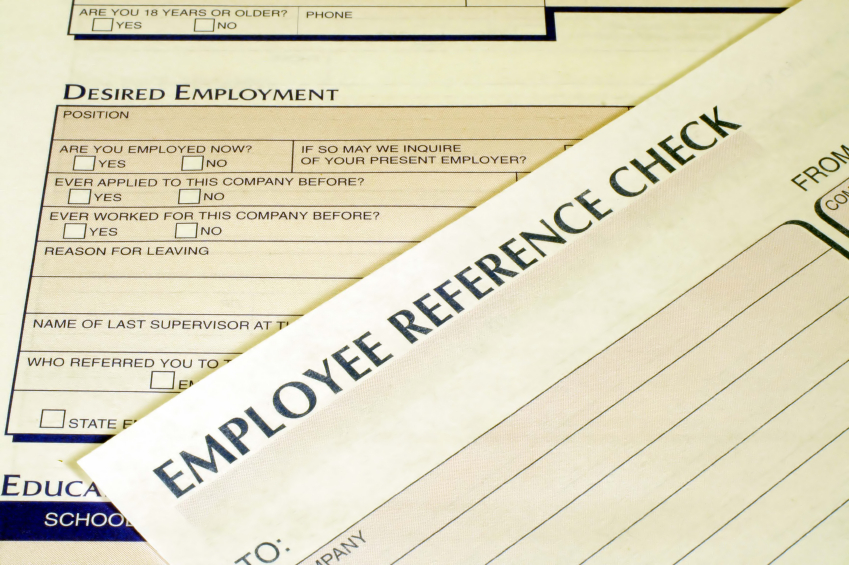Checking references is typically seen as something we do as a matter of course as part of the hiring process. Some employers do so before making a final offer, while many make an offer and make it contingent upon the reference check.
However, there are actually quite a few pros and cons to the entire reference-checking process. Let’s take a look.
Checking Employee References: Pros
Here are some of the benefits of checking references in advance of employment for a new applicant:
- It provides one piece of defense if there is a negligent hiring claim. If you did your due diligence, including reference checks, and didn’t discover a problem, then there is an argument you could not have known about the problem.
- It can help the employer to gain perspective on the applicant from someone who has worked with him or her in the past. This may provide useful information in addition to what was found during the interview process.
- It can uncover information that may let you know if someone was embellishing his or her résumé, which can help you to know when to ask for clarification.
- It can be a way to get more of an insight into what it may be like to work with this individual.
Checking Employee References: Cons
Here are some of the potential drawbacks to the entire reference process:
- A well-prepared candidate is never going to give you bad references—which means it may feel like a waste of time to call people who are only going to say good things and not provide further insights.
- References can lie. You could get false information that disqualifies someone who actually would have been a good hire. Or you could get a glowing recommendation for someone that is not true.
- References can be inaccurate even if it’s not an intentional lie. Often, the person giving the reference is not someone who interacted directly with the applicant, especially in cases where you’re just calling a previous employer to verify past employment rather than getting a personal reference.
- An applicant may be reluctant to allow a reference from his or her current employer because he or she may not have advised the employer that he or she is looking for a new job. This can lead to incomplete information.
- Many employers fear lawsuits, and thus only are willing to confirm employment dates now, which can also make reference calls seem like a waste of time. (To combat this issue, some employers try to use this tactic: Ask if the individual is eligible for rehire. That often gets at the crux of the issue without leaving anyone open for legal liability because it’s a factual question.)
- Involving the current employer may raise the likelihood of having to compete with a counteroffer from them.
- Any time references are contacted, employers must be sure to comply with legal obligations. Also, employers must be consistent in how reference checks are conducted to avoid discrimination claims. This isn’t a problem per se; it’s simply another thing adding to the complexity of the issue.
If you do find information during reference checks that may impact your decision process, it’s important to follow up with the job candidate to get clarification before making any final decisions.
And, remember, there can be a lot of reasons that negative information may be uncovered and that doesn’t necessarily mean the individual is not a good fit now. Review each situation individually.
